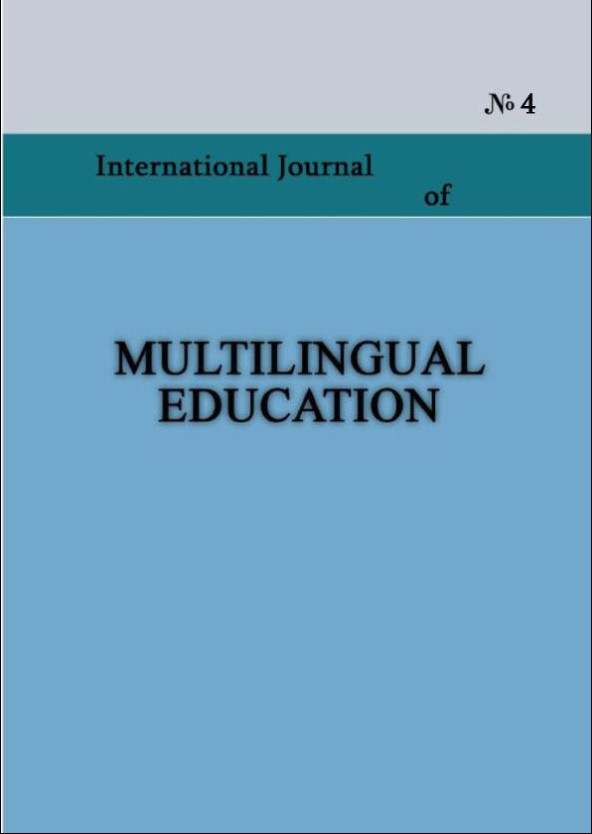Modality in Georgian: Methods of Teaching and Strategies for Foreign Speakers
Keywords:
modality, modal meaning, semantic analysis of a sentence.Abstract
Modality is a semantic category which, in many languages, is rendered by polysemantic and polyfunctional forms. This means that one and the same modal form may express different modal meanings when used in different contexts and combined with different verb-forms. This is considered to be a significant, specific feature of the Georgian language due to the fact that different forms of one and the same verb, when used with the same modal form, reveal different meanings. Therefore, translating modal forms may become a challenge for the translator as this process requires taking all the semantic nuances into consideration. In order to achieve this, it is crucial to set up a subsystem based on a certain principle, to fully reflect various semantic nuances of the meaning expressed by modal forms. To set up such a subsystem is necessary for effective teaching of a foreign language and it should fully reflect this important feature of the Georgian language in the process of teaching and therefore, in textbooks.
This paper presents this subsystem together with the methods and strategies to be taken in- to consideration whilst teaching the Georgian language. More specifically, the paper will discuss the possibilities of employing this subsystem in the process of teaching Georgian as well as the typology of the exercises and relevant practice at class.
References
HAAN, F. de, 2009. Epistemic must, Studies on English Modality. 2009
HARRIS, A. C.,1995. Modal Auxilaries in Georgian, “Philological Papers”, Tbilisi, 1995.
JORBENADZE, B., 1993. Diverbal Modal Elements in Georgian. Issues of Georgian Word Culture. Vol-ume 10, Tbilisi. 1993.
KOTINOV, N., 1986. The Category of Mood and Certain Issues of Georgian Syntax, Tbilisi. 1986.
PALMER, F. R., 1999. Modality and the English Modals, London: Longman. 1999.
PALMER, F. R., 2001. Mood and Modality, Cambridge: University Press. 2001
PAPIDZE A., 1981. The Functions of Subjunctive Two in Contemporary Literary Georgian, Issues of Georgian Word Culture, Volume Four, Tbilisi. 1981.
PAPIDZE, A., 1984. Certain Issues Related to the Function of Present Subjunctive, Issues of Georgian Word Culture, volume 6. Tbilisi. 1984.
SHARASHENIDZE, N., 1999. The History and Morphosyntactic analysis of the verb “MUST”. Linguistic Papers, # 4. Tbilisi. 1999 -
SHARASHENIDZE, N., 2014., Epistemic Modality in Georgian, Verbum, Vilnius, 2014
Published
How to Cite
Issue
Section
License
Copyright (c) 2014 Nino Sharashenidze

This work is licensed under a Creative Commons Attribution-NonCommercial 4.0 International License.
Copyright (c) - Authors who publish with this journal agree to the following terms: Authors retain copyright and grant the journal the right of first publication with the work simultaneously licensed under a Creative Commons Attribution-Noncommercial 4.0 International License, which allows others to share the work with an acknowledgement of the work's authorship and initial publication in this journal. Authors are permitted and encouraged to post their work online (e.g., in institutional repositories or on their personal website) prior to and during the submission process, as it can lead to productive exchanges, as well as earlier and greater citation of published work (see The Effect of Open Access). Authors may enter into separate, additional contractual arrangements for the non-exclusive distribution of the journal's published version of the work (e.g., post it to a repository or publish it in a book), with an acknowledgement of its initial publication in this journal.

